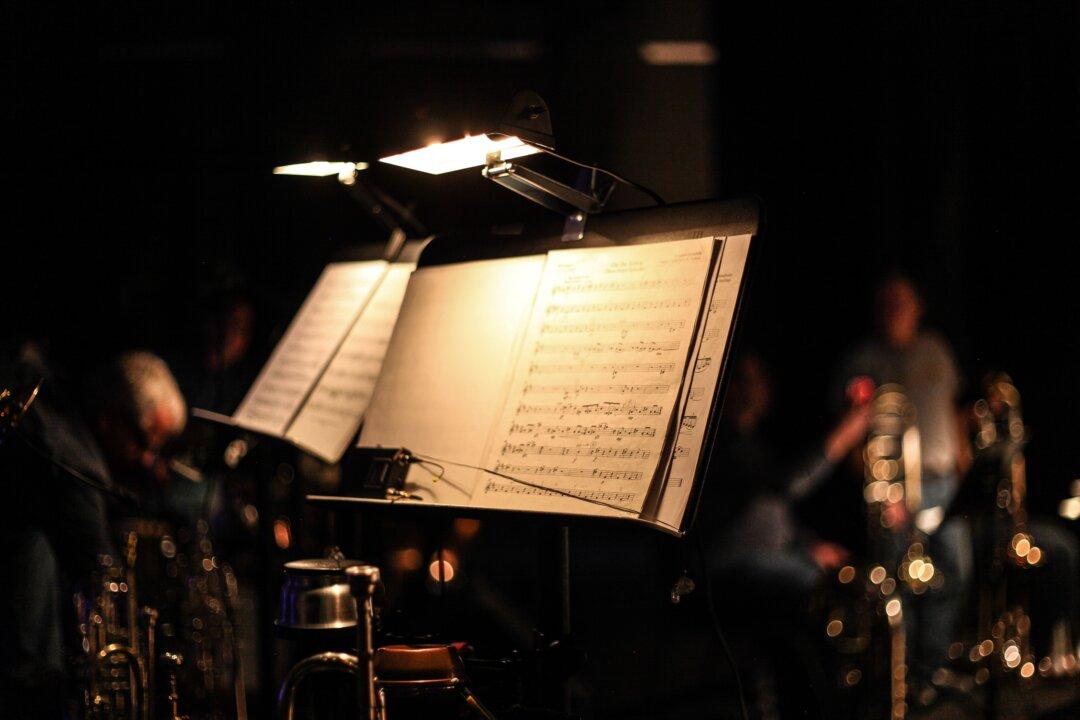Commentary
For the first time in my life, I attended a symphonic concert that dispensed with the new composition right before the intermission. It is usually placed there to trap the audience that would otherwise come late or leave early to miss it. Nothing against new music, but let’s just say that it has not stood the test of time and is not beloved by audiences.





